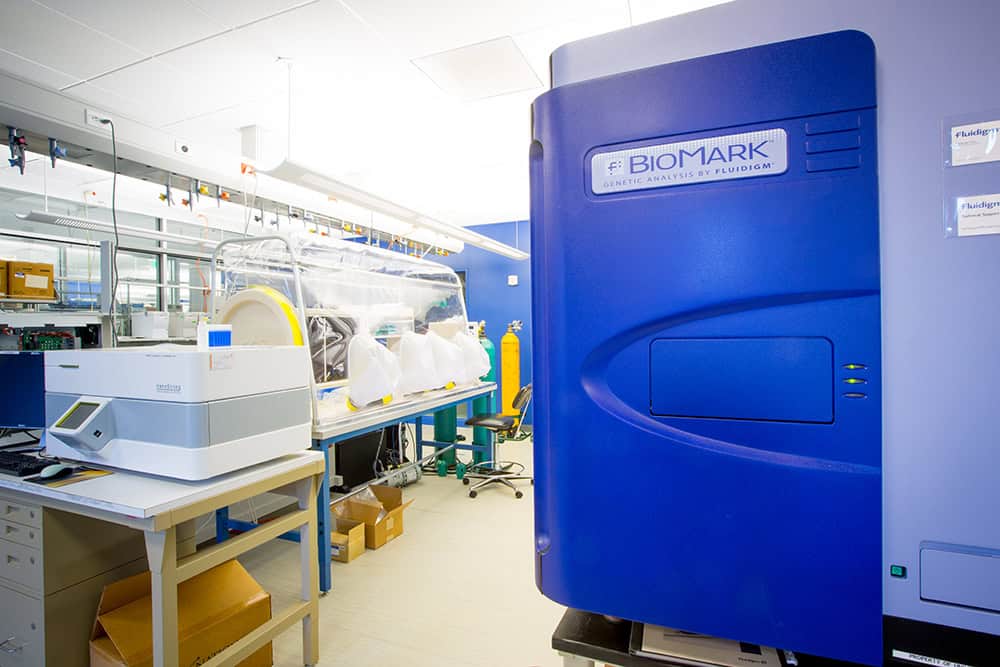
Fluidigm Corporation (FLDM) had a good day on the market for Friday November 22 as shares jumped 8.47% to close at $2.56. About 1.29 million shares traded hands on 6,755 trades for the day, compared with an average daily volume of n/a shares out of a total float of 69.56 million. After opening the trading day at $2.37, shares of Fluidigm Corporation stayed within a range of $2.58 to $2.37.
With today’s gains, Fluidigm Corporation now has a market cap of $178.09 million. Shares of Fluidigm Corporation have been trading within a range of $14.90 and $2.12 over the last year, and it had a 50-day SMA of $n/a and a 200-day SMA of $n/a.
Fluidigm Corp manufactures life science tools focused on the analysis of single cells and industrial applications of genomics. These tools are based on microfluidics and mass cytometry technologies. It sells instruments and consumables, including integrated fluidic circuits, assays, and reagents. Slightly more than half of the firm’s revenue comes from the sale of Consumables. Fluidigm primarily sells its products to academic institutions, clinical laboratories, and biopharmaceutical companies. The majority of revenue is generated in the United States followed by EMEA and Asia-Pacific.
Fluidigm Corporation is based out of South San Francisco, CA and has some 535 employees. Its CEO is Stephen Christopher Linthwaite.
Fluidigm Corporation is also a component of the Russell 2000. The Russell 2000 is one of the leading indices tracking small-cap companies in the United States. It’s maintained by Russell Investments, an industry leader in creating and maintaining indices, and consists of the smallest 2000 stocks from the broader Russell 3000 index.
Russell’s indices differ from traditional indices like the Dow Jones Industrial Average (DJIA) or S&P 500, whose members are selected by committee, because they base membership entirely on an objective, rules based methodology. The 3,000 largest companies by market cap make up the Russell 3000, with the 2,000 smaller companies making up the Russell 2000. It’s a simple approach that gives a broad, unbiased look at the small-cap market as a whole.


